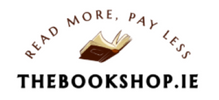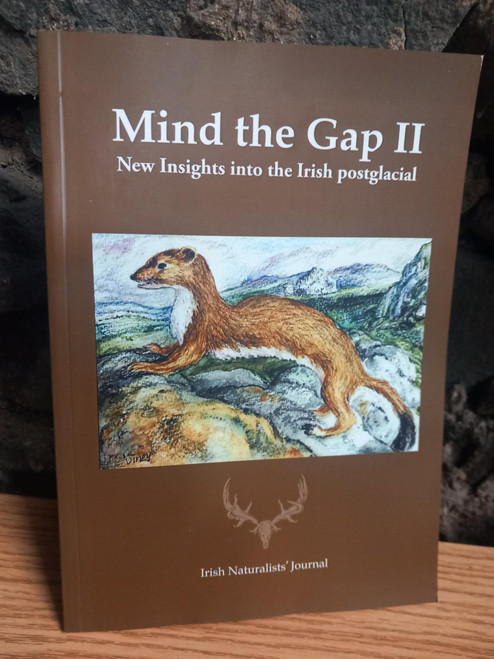Product Description
This book provides an insight into the current debate on the importance of different cultural traditions in the community. It records the proceedings of the second Cultural Traditions Group Conference at which individuals, drawn from a wide range of backgrounds and interests, debated the role of diverse traditions in the media, education, law and administration, sport, and business and commerce. Recommendations were made to government for development and change in these areas.
In plural societies, where the variety of cultural traditions has the potential for fuelling antagonisms, the accommodation of differences is crucial. This book suggests ways, both institutional and informal, in which knowledge and appreciation of different traditions, can help remove fear, engender confidence and enrich community life.
The keynote talk at this conference was given by the historian Professor Keith Robbins and the topics discussed included Literature, British Heritage and Republican Democracy, the Media, Localities and Political Tradition, Law and Administration, Business and Commerce and Sport.
Published by QUB, 1990, paperback journal
PART I: Political Perspectives
Jennifer Todd, Conflict in Northern Ireland:institutional and constitutionl dimension [‘Unionist make no clear distinct between institutional and constitutional reforms’];
James Loughlin, some compararative aspects of Irish and English nationalism in the 19th century; Cormac Murphy, Revolution and radicalism in co. Dublin 1913-21;
Maurice Goldring, Quotas: affirmative and reverse discrimination;
John Coakley, ‘Typical case or deviant? Nationalism in Ireland in a European Context’.
PART II: Perspectives in 20th c. culture
Sophia Hillan King, ‘”Quiet Desperation”: versions of a theme in writings of Daniel Corkery, M. McLaverty, and John McGahern
Brian Kennedy, ‘Irish landscape painting in a political setting, 1922-48’;
Eamonn Hughes, ‘Representation in modern Irish poetry’;
Hugh Maguire, ‘”The mirror up to nature”: the theatrical buildings as socio-political cyphers’.
PART III: Society in Northern Ireland
Maurna Crozier, ‘Good leaders and “decent men”: an Ulster contradiction’;
Amanda Shanks, ‘Northern Irish gentry culture: an anomaly’.
PART IV
Brenda Colling, ‘Numbers to alphabet of history’;
Anglique Day, ‘The Computer as a Resource for Irish History: an introduction to the Ordnance Survey Memoirs Database’;
Kay [?Master], ‘The Place-names Research Project: Dept. of Environment for N. Ireland and Celtic Dept.’, QUB.
PART V
Michelle O’Riordan, ‘A 17th century ‘political poem’;
Rosemary Power, ‘Irish travellers in the Norse World’;
Patricia Kelly, ‘New Horizons in Hiberno-English studies’.
 Euro
Euro
 British Pound
British Pound








